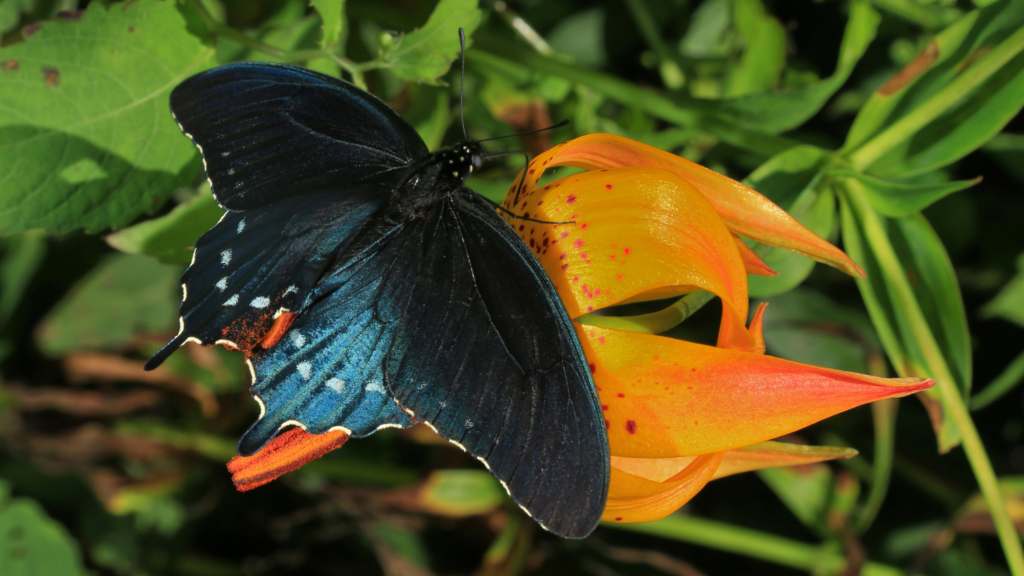Evaluating Insect Pollinator Vulnerability to Climate Change in the Southeast and US Caribbean

Project Information
Principal Investigator: Rebecca Irwin (NC State University)
Project Start: August 2024
Proposed Project Completion: August 2025
Implements Science Plan Theme: Synthesis + At-Risk Species
Co-Investigators:
Hailey Shanovich (USGS Southeast Climate Adaptation Science Center)
Cooperator/Partner(s):
Shannon Westlake (USFWS Center for Pollinator Conservation)
Sam Droege (USGS Interagency Native Bee Lab)
Steve McNulty (USFS Southeast Climate Hub)
Overview:
Many insect pollinators, including bee and butterfly species, play a vital role in ecosystems but face increasing threats form climate change. Despite the rich native plant and insect pollinator biodiversity in the Southeast and the US Caribbean, most climate impact assessments for insect pollinators have occurred in other parts of the country. This leaves wildlife and resource managers in the region without crucial information needed to guide conservation planning and to set priorities. Conducting these climate change vulnerability assessments, however, requires significant technical expertise and resources.
This project aims to fill this gap in actionable information for managers by using joint federal resources to conduct climate change vulnerability assessments for at-risk insect pollinator species, selected by project partners. To achieve this, the project team will convene an advisory committee of wildlife professionals and a technical team of insect pollinator experts across the region. They will synthesize information on the identified species based on existing scientific literature, identify gaps and future research needs, and host a workshop to produce final climate change vulnerability assessments for at-risk pollinator species.
This work will result in partner-conceived climate change vulnerability assessments for many at-risk insect pollinators across the southeastern US and US Caribbean. The results can improve climate adaptation by helping managers prioritize conservation efforts, evaluate species’ vulnerability to climate change, and assess risks relative to other species to determine the most effective actions to protect them in a changing climate.
